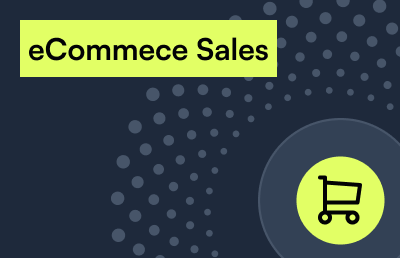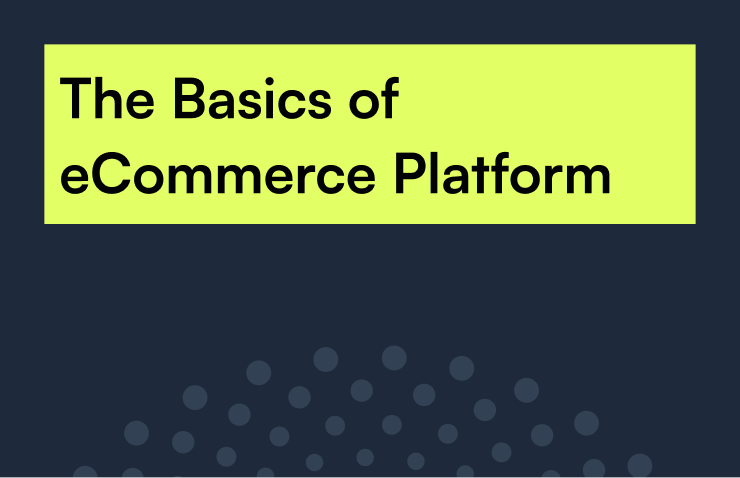Top Ecommerce Merchant Needs
A new report from Frost and Sullivan titled 2017 Global eCommerce Platforms Product Line Strategy Leadership Award outlines the in-depth reasons that several eCommerce platforms have been awarded excellence awards in the industry. Which products have the product strength to overcome the constantly shifting challenges that the eCommerce industry faces? The report outlines key criteria and benchmarks for evaluating the future of the online commerce industry and its effect on traditional retail, along with what platforms fulfill these key benchmarks and named Magento the winner of this award for 2017. SaaS and licensed platforms were evaluated. Exploring the difference between the two models is a business decision that should be a part of any new technology roadmap.
What is SaaS eCommerce?
Software-as-a-service eCommerce is a plan that retailers implement and pay for on a subscription basis, usually monthly. In the 2010s, the SaaS model became increasingly popular, with many companies offering this service in the cloud as a low-investment way to quickly launch site operations with less technology and financial investment, and therefore less “risk” to the business.
What is a licensed eCommerce platform?
Platforms like Magento are usually licensed and hosted by a partner or by the site merchant, though Magento has made its foray into the cloud offering of its robust system. These platforms are either no-cost for the license or have a cost for an enterprise license based on number of users and features. These platforms are a larger initial investment but are deeply customizable, with competitive features that may not be found in a SaaS model.
Which is right for my business?
SaaS models are popular with growing businesses and small businesses, with 1-100 employees and for good reason. These growing businesses may not often have the financial or IT resources to devote to a larger-scale eCommerce implementation project. The plug-and-play aspect of a SaaS model is attractive because of its quick upstart. However, these platforms often come with limitations and are not able to support much more than basic eCommerce operations. If customization, branding and agility are main points in your roadmap, you may want to consider a licensed platform.
A licensed platform like Magento is a scalable platform that can handle large, complex product catalogs and transactions reaching hundreds of millions dollars annually. You do not have to be this large of a retailer to choose a product like Magento. Many businesses make the investment in a licensed eCommerce platform to ensure that they have a system that can propel and sustain growth for the future. Licensed platforms are excellent choices for retailers that anticipate or are already experiencing growth and want to provide a customized, branded experience for their customers with a wealth of add-ons and enhancements.
Want to chat SaaS versus Licensed eCommerce platforms? Let’s talk.



